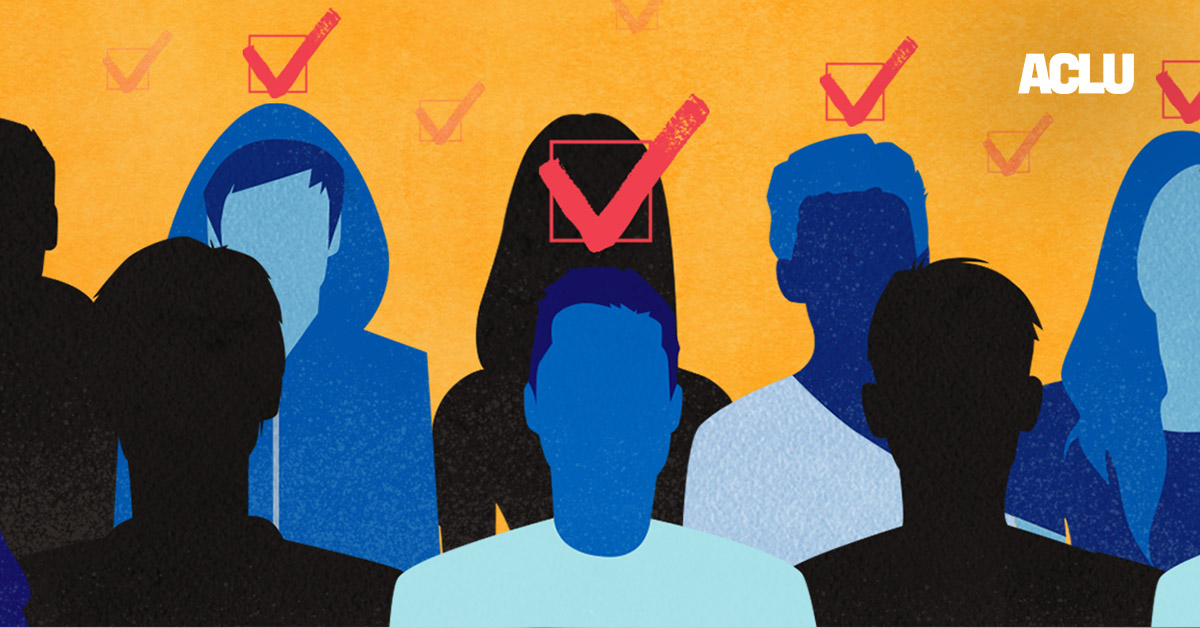
Census 2020
What you need to know
Overview
Every 10 years, the federal government conducts a census to count all people in the United States. Everyone should be counted without exception — and you can make that happen. You can fill out the census online, by phone, or by the mail (just remember: don’t lick the envelope!). Online, it takes just 10 minutes.
An accurate census count is vital to a strong democracy. Responding to the census is our civic duty. This is something you can now do from home because the census is moving forward.
As a result of the current health crisis, the U.S. Census Bureau has delayed a few originally planned outreach operations for a couple of weeks, but self-response from American residents has always been the most critical part of the census and self-response to the census is going on now.
Responding to the census has never been easier, and it is something we can all do from home during this self isolation period. You can respond online, over the phone or by mail — without having to meet a census taker or have any in-person interactions. Have questions? Check out our FAQ resource here.
The census is a fundamental pillar of our democracy and our constitutional structure, determining both members of Congress and Electoral College votes for each state. The data also informs our nation’s most important decisions, including how the federal government spends $900 billion on critical services like building roads, funding health care programs, and supporting education.
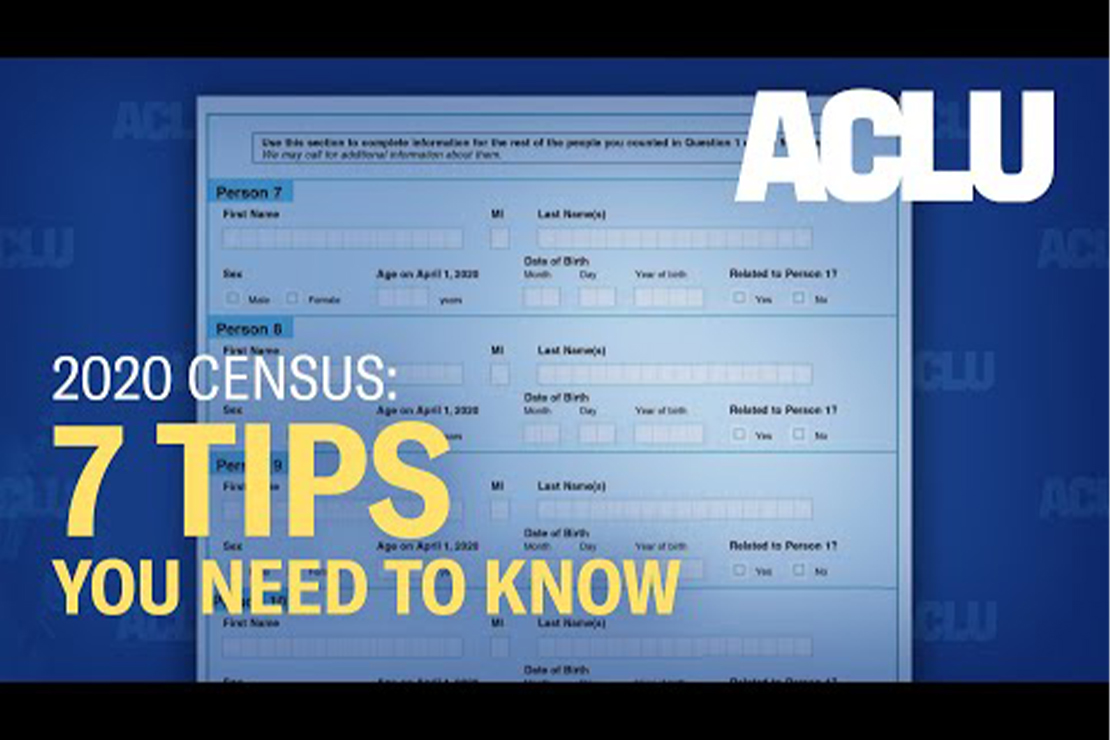
Why Should I Participate?
The census count is used to apportion representation in Congress and in drawing congressional and state legislative districts. Apportionment is based on the number of people who live in a district. If there is an undercount in a state, that state could lose a member of Congress and part of their voice in our government.
An undercount would also shift power away from urban areas — since about 61 percent of undocumented immigrants live in just 20 U.S. cities — and toward rural areas, which already have disproportionate political power as a result of the Senate and the Electoral College.
Depressing census response rates in already underrepresented communities will allow politicians to draw even more skewed legislative districts and further dilute the political power of these communities.
The ACLU is hard at work making sure our democracy survives this national health crisis, but responding to the census is something that everybody can do to help ensure the future of our democracy. Responding to the census is our civic duty. Everybody should do their part.
How Does an Undercount Affect Allocation of Public Funds?
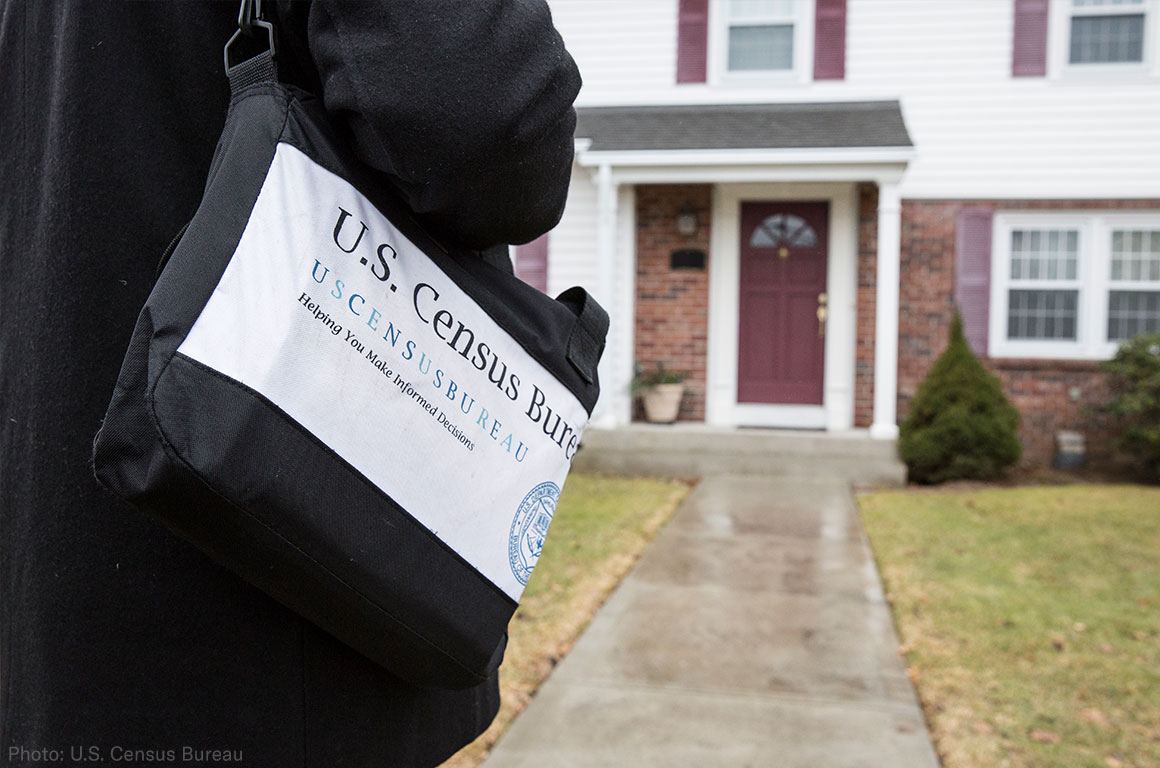
The federal government will use 2020 Census data to decide how to allocate $900 billion in funding for social service, health, and education programs. This money goes to everything from Medicaid to school-lunch programs to veterans’ assistance.
There is NO Citizenship Question
The Trump administration tried to include a citizenship question on this year’s census, but we took them to the Supreme Court and we won. There is NO citizenship question on this year’s census. By the administration’s own estimate, the question would have resulted in an undercount of 6.5 million people.
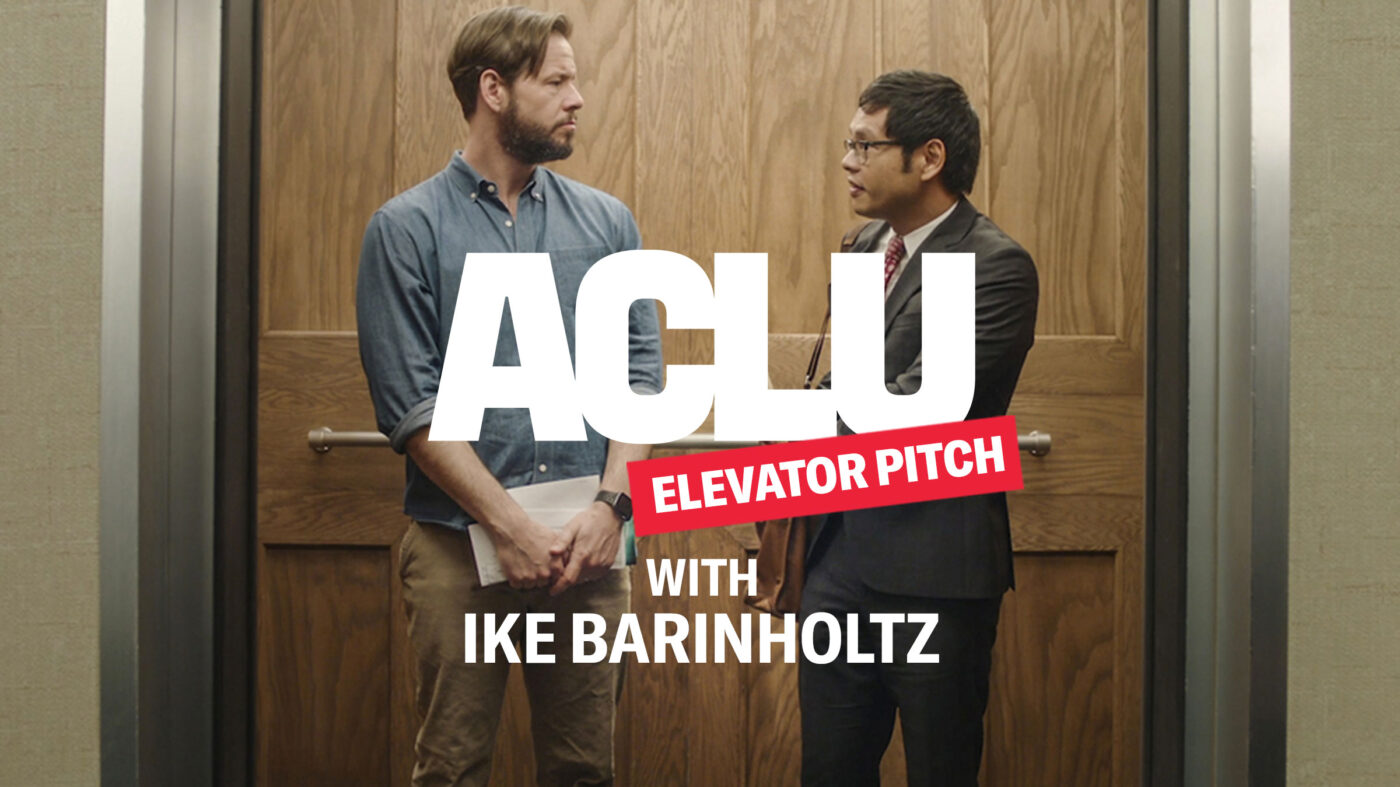
The entire purpose of the census survey, as required by the Constitution, is to get an accurate headcount of all persons living in the U.S., regardless of legal status. So why did the administration try to add a question that it has already conceded will undercount millions?
Simply put, the administration doesn’t want certain people to count. The ACLU successfully sued the Trump administration to stop this plan, which intentionally discriminates against immigrant communities of color and violates the constitutional mandate to count the U.S. population accurately. On Jan. 15, a federal court blocked the question from appearing on the 2020 census, finding that it constitutes an “egregious” violation of federal law. Judge Furman concluded that if the Trump administration got its way and a citizenship question was put on the census, “hundreds of thousands — if not millions — of people will go uncounted.”
The Census Cover-Up
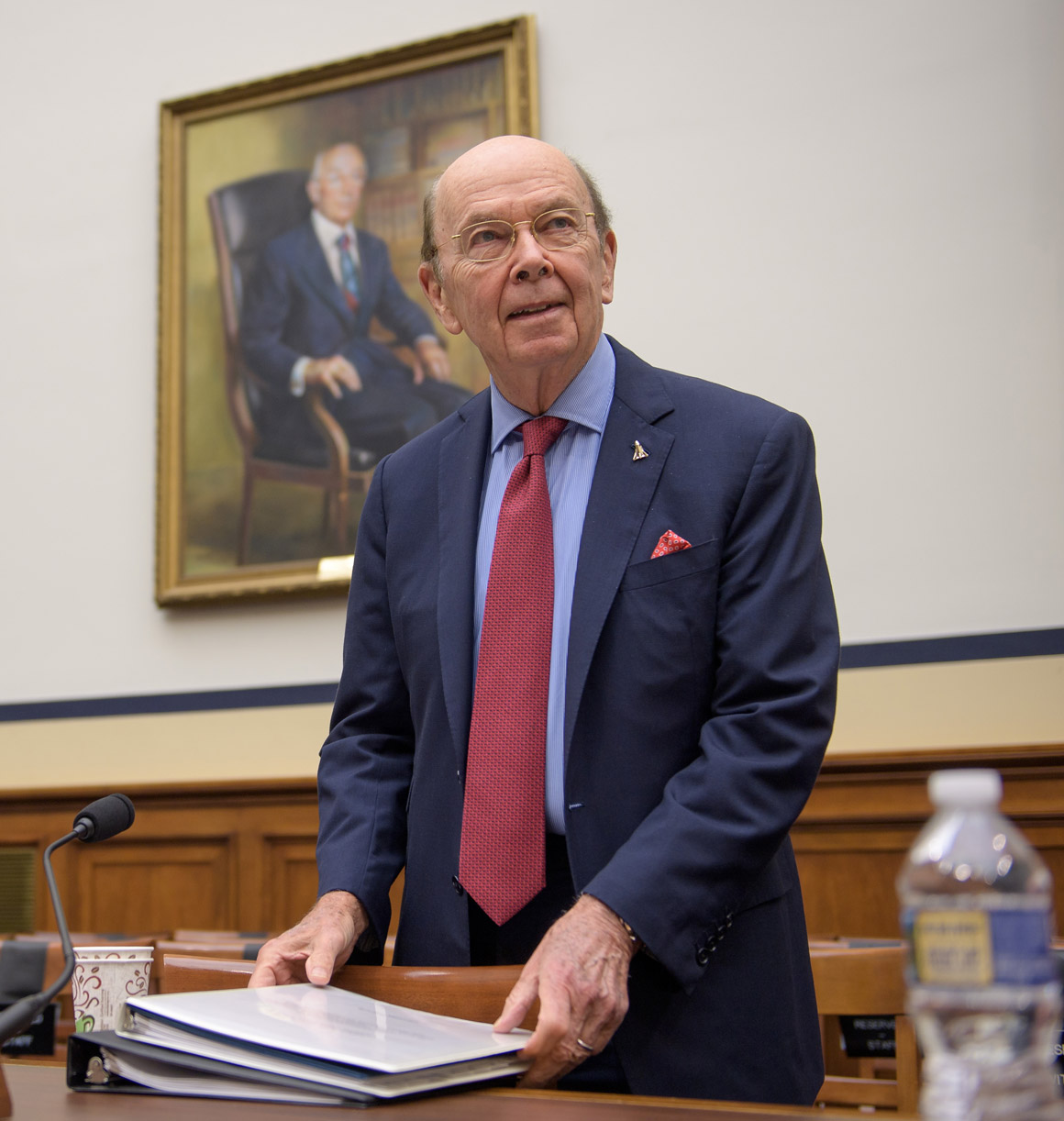
Wilbur Ross
Adding the citizenship question to the 2020 census will significantly reduce participation by immigrant communities, stunting their growing political influence and depriving them of economic benefits. This includes both noncitizens and U.S. citizens, many of whom may fear that participating will expose their noncitizen family members to repercussions.
This is not an unintended effect. Documents uncovered in our lawsuit against the Trump administration have revealed that attacking immigrant communities is, in fact, the administration’s goal and that Commerce Secretary Wilbur Ross lied to Congress in an attempt to cover up this fact.
Opposition Over Time
The push to ask about citizenship on the census is not new. However, past attempts have been rejected because virtually all experts believe that adding such a question would derail the entire premise of the census.
The Trump administration tried to do it anyway.
Related Stories

Crystal Mason Thought She Had The Right to Vote. Texas Sentenced Her to Five Years in Prison for Trying. | American Civil Liberties Union
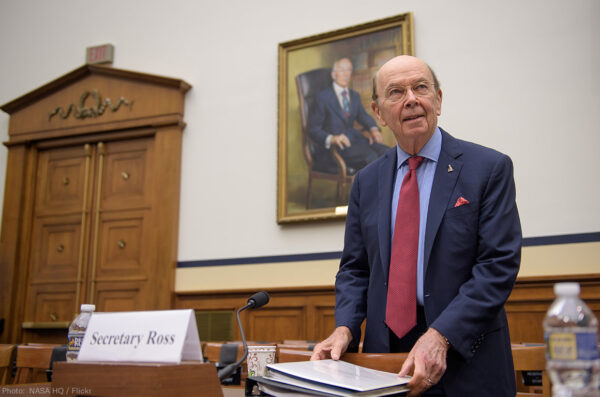
Voting Rights
The Trump Administration’s Census Cover Up
Stay informed
Sign up to be the first to hear about how to take action.
By completing this form, I agree to receive occasional emails per the terms of the ACLU's privacy statement.
By completing this form, I agree to receive occasional emails per the terms of the ACLU's privacy statement.